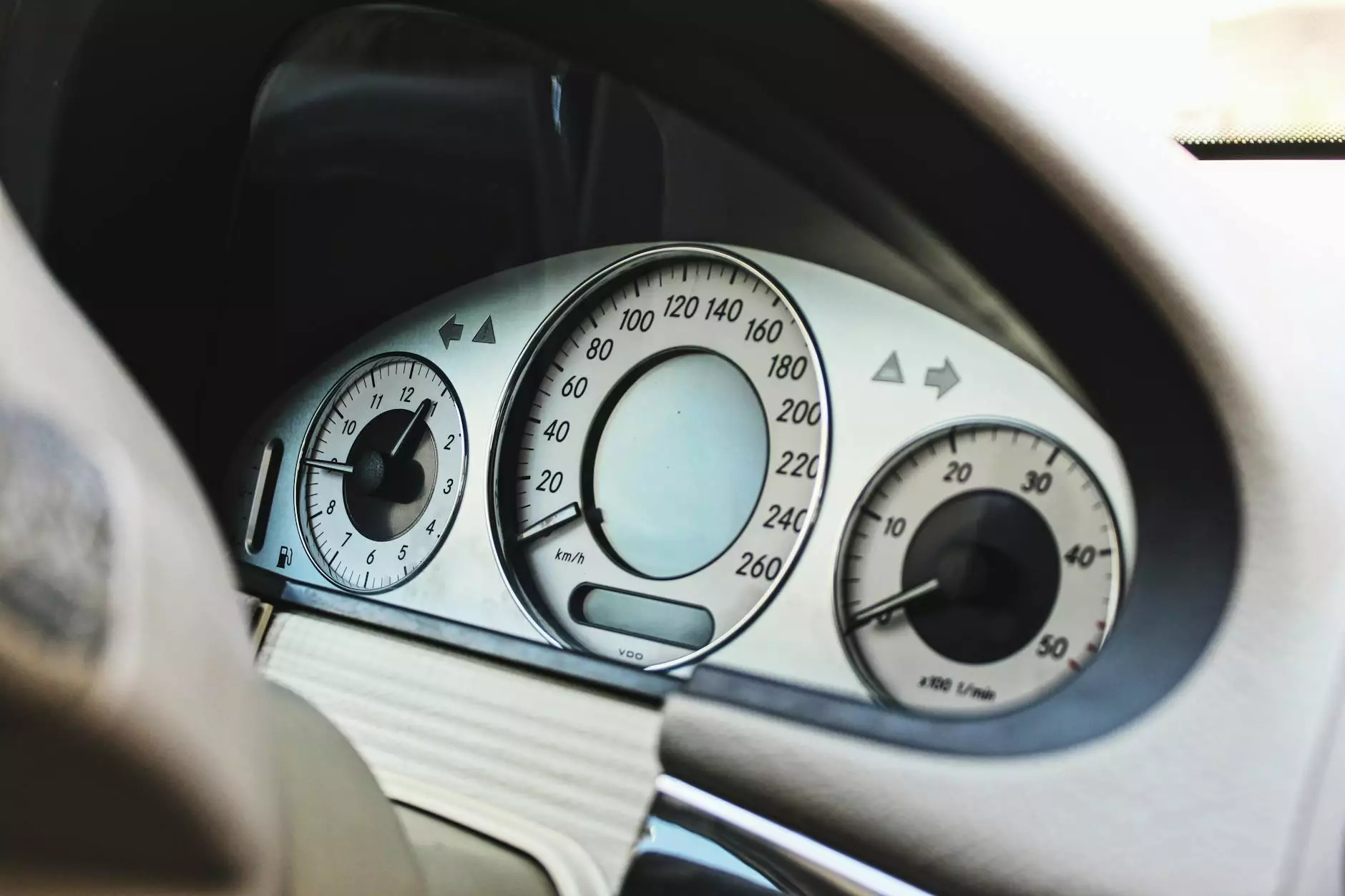Service and Parts Tips

Introduction
Welcome to The Auto Experts, your ultimate destination for all things related to service and parts tips for your vehicle. Our team of experts is dedicated to ensuring that you have the most comprehensive information to maintain and optimize your car's performance. In this article, we will provide you with detailed advice on various aspects of car maintenance, repairs, and parts selection.
Regular Maintenance
Regular maintenance is crucial in keeping your vehicle running smoothly and preventing any potential issues. Our experts recommend following these tips to keep your car in top shape:
1. Oil Change
Regular oil changes are essential for the longevity of your engine. We advise changing your oil every 3,000 to 5,000 miles, depending on your vehicle's specifications. Using high-quality oil and filters will help protect your engine and optimize performance.
2. Fluid Checks
Regularly check the levels and condition of fluids such as coolant, brake fluid, transmission fluid, and power steering fluid. Keeping these fluids at optimal levels ensures that your car's systems are functioning correctly and reduces the risk of component damage.
3. Tire Maintenance
Proper tire maintenance is vital for your safety and vehicle performance. Check tire pressure regularly, rotate the tires as recommended, and ensure proper wheel alignment. Bald or unevenly worn tires should be replaced to maintain optimal traction and handling.
Common Repairs and Troubleshooting
Despite regular maintenance, vehicles may encounter common issues. Our experts provide tips on diagnosing and resolving these problems:
1. Battery Issues
If you experience difficulty starting your car or notice dimming lights, it may indicate a battery problem. Check the battery connections for corrosion and ensure they are secure. If the battery is old or weak, consider replacing it to prevent unexpected breakdowns.
2. Braking Problems
Unusual noises, a soft brake pedal, or reduced braking performance may indicate brake system issues. If you experience any of these symptoms, have your brakes inspected by a professional immediately. Brake pads, rotors, and fluid levels should be regularly checked and replaced, if necessary.
3. Engine Troubles
If your engine is running rough, producing strange noises, or displaying warning lights, it's crucial to diagnose the issue promptly. Regular tune-ups, including spark plug replacements, air filter changes, and fuel system cleanings, can help prevent major engine problems.
Parts Selection
Choosing the right parts for your vehicle can significantly impact its performance and longevity. Here are some important factors to consider when selecting car parts:
1. OEM vs. Aftermarket
OEM (Original Equipment Manufacturer) parts are manufactured by the vehicle's manufacturer and are designed to meet specific standards. They offer a higher level of quality and compatibility. Aftermarket parts, on the other hand, are made by third-party manufacturers. While they may be less expensive, they may not provide the same level of fit and performance.
2. Research and Reviews
Before purchasing any part, conduct thorough research and read customer reviews. This will help you identify reputable brands and ensure you are investing in reliable and durable components.
3. Consult a Professional
If you are unsure about the right parts for your vehicle, consult with an experienced mechanic or parts specialist. They can recommend the most suitable options based on your specific needs and budget.
Conclusion
By following our expert tips on regular maintenance, troubleshooting, and parts selection, you can ensure that your vehicle performs optimally and remains reliable for years to come. Remember, proper care and attention to your car's needs are essential in avoiding costly repairs and keeping your driving experience enjoyable. For more detailed information or personalized advice, feel free to reach out to our team at The Auto Experts.










